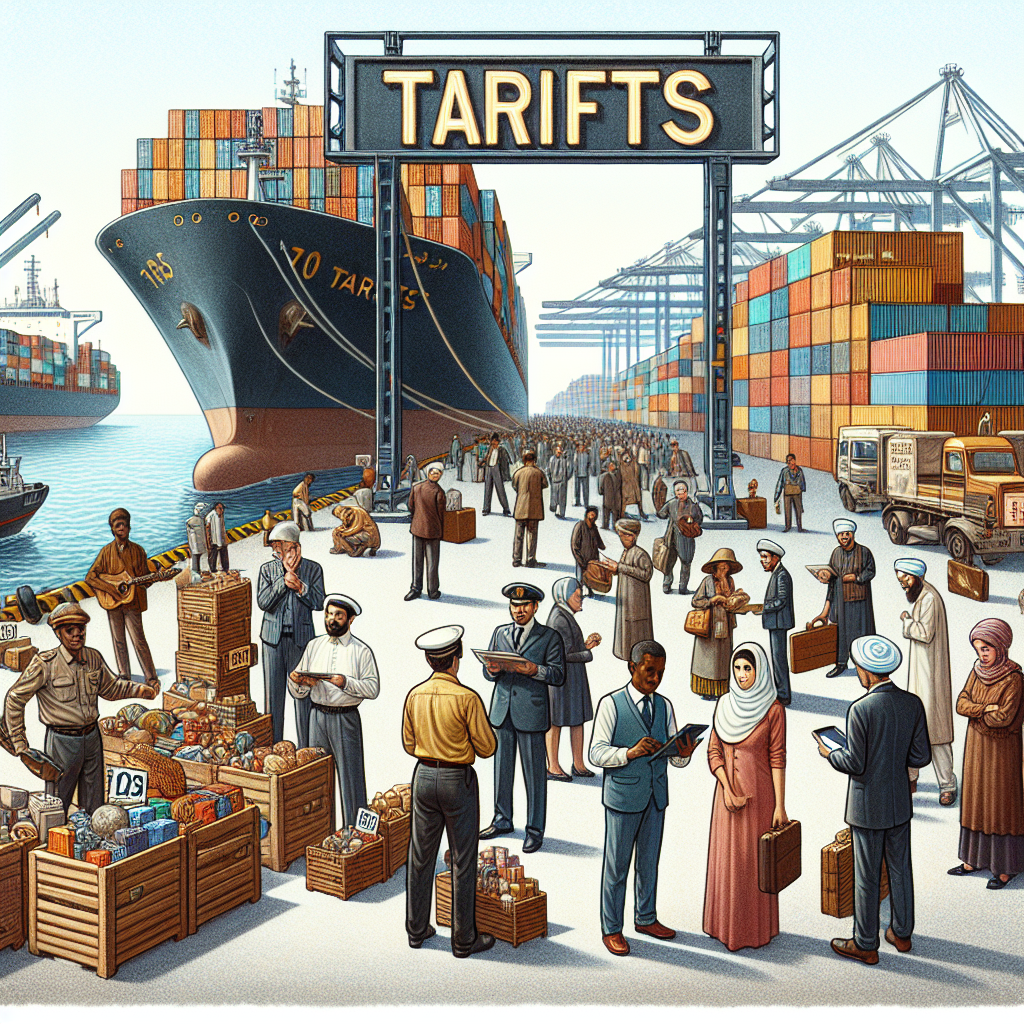China's Tariff Tensions: A Renewed Path to Diplomacy?
China's proposal to counter Trump's tariffs focuses on restoring the 2020 'Phase 1' trade deal, committing to stabilize the yuan, boosting U.S. investments, and reducing fentanyl precursor exports. The move aims to alleviate tensions without deepening conflicts. Canada has retaliated with tariffs on U.S. goods.

China is aiming to restore the 2020 'Phase 1' trade agreement amidst escalating tariff tensions with the United States, the Wall Street Journal reported, citing informed sources. The initiative reportedly includes commitments to not devalue the yuan, increase U.S. investments, and curb fentanyl precursor exports.
This strategic move comes after President Donald Trump imposed hefty tariffs on Mexican, most Canadian, and Chinese goods, citing concerns over fentanyl and immigration issues. In response, China criticized the tariff impositions but expressed willingness to engage in discussions to prevent further conflicts. Meanwhile, Canada has implemented retaliatory tariffs on U.S. imports.
In a broader economic context, Reuters reported Trump's directive to evaluate China's adherence to the trade agreement benchmarks, particularly after the COVID-19 pandemic hindered progress. The complex negotiations around TikTok also continue, pointing to ongoing commercial diplomacy between the countries.
(With inputs from agencies.)










